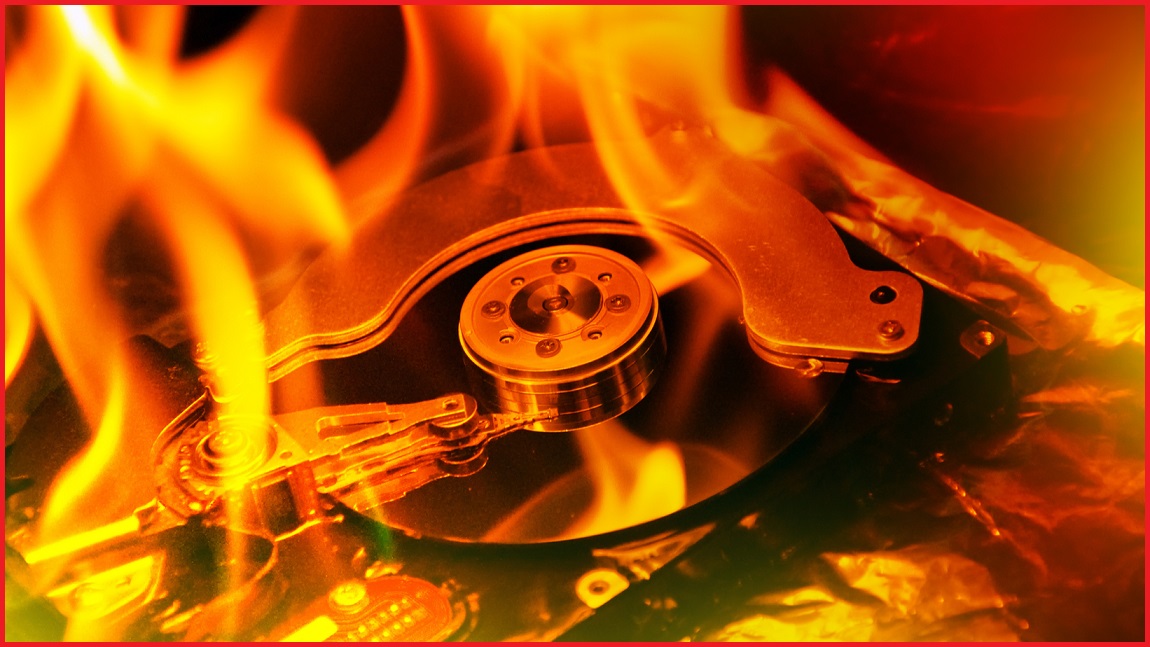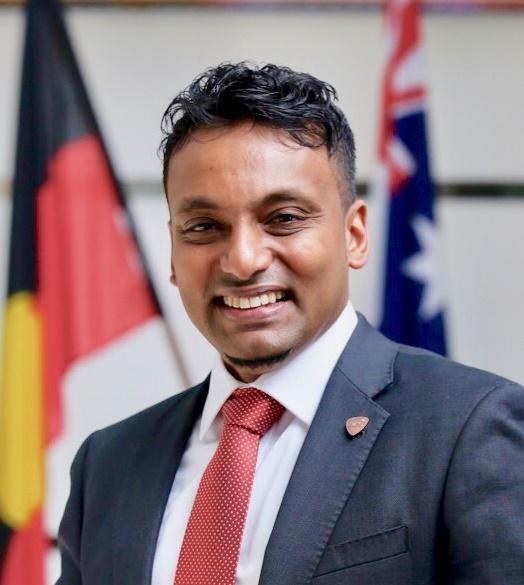The airline and tech industries grew up together during the twentieth century.
The forerunners of the modern airline industry crashed their first powered plane in 1908 and thereafter, air crashes have attracted the attention of the general public and regulators. The Boeing 737 Max crashes, the unfolding lawsuits, loss of revenue and financial costs are significant and well reported.
Despite these recent events, the airline industry, strictly regulated and subject to forensic crash investigations, evolved into the world’s safest form of transport.
The digital tech industry, evolved quietly from disparate events in the 1930s and emerged into the public domain with PCs around 1975 and the world wide web twenty years later. The tech industry, driven by innovation and profit, exceled in delivering globally transformative products and services and spectacular and expensive crash and burn projects.
Despite this rocky journey, until recently regulators paid little attention to the industry.
Unlike the airline industry, those involved in tech failures are rarely held to account. They are free to continue to practice, most are not registered, let alone regulated, and few are subject to professional practices.
If the global tech industry operated planes like it runs projects, only masochists would fly.
It appears the Boeing planes crashed because the flight control system was designed to rely on the readings from a single sensor. When that reading was in error, the software acted to prevent a false-stall and pitched the nose down. The software defeated the pilots’ attempts to recover their aircraft.
The marriage of the tech and aircraft industries was always going to be a risky affair.
Just as ever-higher levels of automation lead inevitably to autonomous control of many modes of transport – the burden of safe movement shifts inexorably to the tech-industry. Trust is shifting from drivers to unregulated and invisible analysts, programmers and testers.
To illustrate the complexity of the shift, the Joint Strike Fighter reportedly comprises over 10 million lines of software code, many coding blocks and several different software languages.
Even if the fighter’s software was perfect, over the life of this plane it will be regularly updated, subject to feature creep and business and financial pressures. Complexity and errors are common bedfellows. Tomorrow’s transport will literally ride on ones and zeros and faceless and unaccountable programmers.
The mantra of less regulation has dominated government thinking for decades. However, the more we rely on complex software; the more regulators will be drawn into the tech world’s laissez-faire culture.
Mark Zuckerberg’s appearance before the joint hearing of the Senate Commerce and Judiciary Committees in Washington illustrates the tension. Zuckerberg struggled to comprehend the consequences of Facebook as a tool for evil or accept responsibility for policing its content. The US Federal Trade Commission fined Facebook US$5 billion.
Nation states are flexing their muscle to make tech companies more accountable and pay fair tax. Those who disrupt through change, now face it themselves.
The current investigation into Boeing will reveal more about software development, testing and the pressures of business and the roles each played in the ultimate loss of two planes and 346 lives. The airline industry leads the world in making good from mistakes; the tech-industry does not.
The more our lives rely on the tech industry, the stronger will be public demands on governments and regulators for protection and safeguards. We should, at minimum, place greater controls over tech-employees working in safety critical, cyber security and artificial intelligence.
A regulated pilot does not eliminate pilot error. Regulation and associated controls simply reduce the odds of mistakes occurring. Pilots are intensively trained, tested for substance abuse and psychological state and restricted on the number of hours they can fly. A banned pilot, like doctors, teachers and engineers, cannot practice. As fines follow mishaps, they are no substitute for pre-emptive actions designed to reduce loss of life and unnecessary damage.
I believe the tech-industry can step up to the standards that have been achieved by other professions, like those operating the global airline industry. We can use our smarts to find more ways to mature the practice of technology for social good while retaining our innovative spirit.










